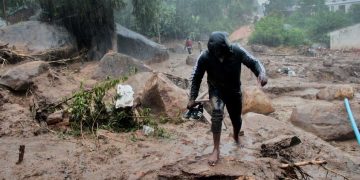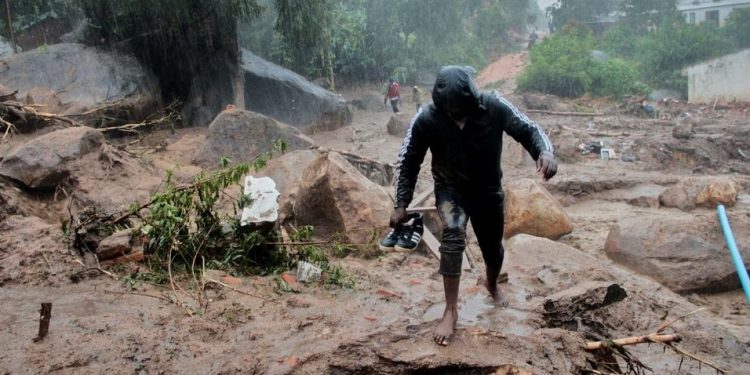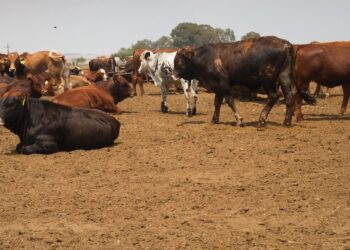By John Ikani
Southern African nations Mozambique and Malawi are reeling from the impact of Tropical Storm Freddy, which swept through the region over the weekend, killing over 60 people and injuring scores of others.
This marks the second time the storm has hit the area in a month, leaving behind a trail of destruction.
According to the World Meteorological Organization, Freddy is among the strongest tropical storms ever recorded in the southern hemisphere and could be the longest-lasting cyclone.
The storm first hit central Mozambique, where it caused widespread flooding and ripped off roofs of buildings in the port city of Quelimane, before moving inland towards Malawi.
In the latter country, torrential rains caused landslides and flooding, leading to at least 60 reported deaths and more than 200 injuries in Blantyre’s central hospital alone.
Casualties are still being recorded as the full extent of the damage is still unclear due to power and communication cuts in affected areas.
As rescue teams search for people buried in rubble in the worst-affected townships of Chilobwe and Ndirande in Blantyre, the situation is critical in Zambezia province, Mozambique.
Health Minister Armindo Tiago noted that communication breakdowns made it difficult to get an accurate picture of the scale of damage, and casualties are still being reported.
So far, the death toll in Mozambique, Malawi, and Madagascar from storm Freddy is estimated to be nearly 100.
Guy Taylor, the chief of advocacy, communications and partnerships for UN children’s agency UNICEF in Mozambique, said the humanitarian agencies in the country were not equipped to deal with a disaster of this size.
The flooding has destroyed crops and created a risk of waterborne diseases, he added. Malawi has been grappling with the deadliest cholera outbreak in its history, and UN agencies have warned that the situation could deteriorate further.
Experts attribute the rising intensity of tropical storms to climate change, as greenhouse gas emissions cause oceans to absorb heat, leading to stronger storms.




































